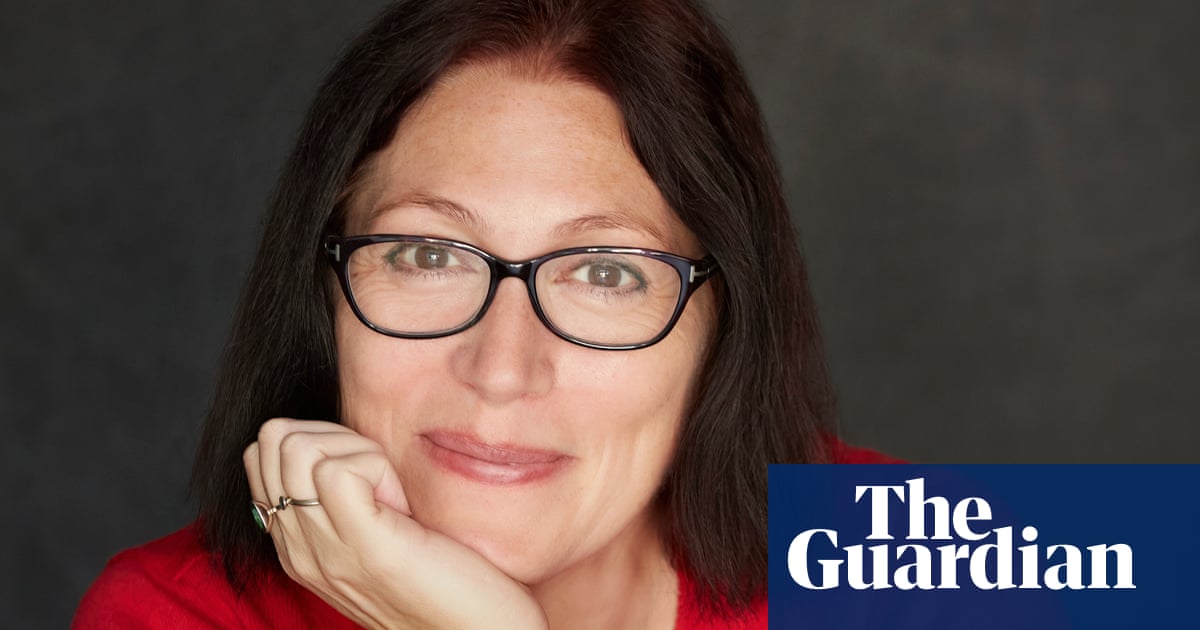
My earliest reading memory
Whose Mouse Are You? by Robert Kraus. A picture book telling the story of an abandoned mouse who has lost his family in an assortment of harrowing incidents and needs to mouse up and bring them all home. I was pretty young when I read it but I learned something important: sometimes you have to fix mistakes you didn’t make.
The book that changed me as a teenager
Scientific Progress Goes Boink, a collection of Calvin and Hobbes comic strips by Bill Watterson. Hobbes the tiger is six-year-old Calvin’s sidekick and partner in crime. He is absolutely my spirit animal: usually up for an adventure, occasionally adding a note of caution, always focused on what snacks he might need. If I could own any piece of art, it would be a strip from Calvin and Hobbes.
The writer who changed my mind
Jorge Luis Borges. I didn’t really like short stories, growing up. I felt if I was going to invest the energy in characters and a voice then I wanted a whole novel. And then I started reading Labyrinths. Borges is such a cerebral writer, so fascinated by the life of the mind and by the act of creativity. Why would you ever write a novel if you could pack worlds into a few pages?
The book that made me want to be a writer
The Fran Lebowitz Reader. When I was starting out as a standup comic, Dylan Moran told me I should know my subject better and recommended Lebowitz, who I’d not heard of before. She wrote these short angry rants that reminded me of the satirical Roman poet Juvenal (without the misogyny). I think it was the first time I connected the dots between the subject I was studying (classics) and the thing I was trying to do for a living (standup). It would be a while before I had the confidence to write and then perform material about the ancient world, but that is where it began.
The book I reread
The first time I read The Iliad I was studying it for A-level. I found the posturing of Agamemnon and Achilles tedious. There were scarcely any women, and the men were just egos and petulance. I can still see why my teenage self had no patience with it, but now I think Homer is examining – with unmatched clarity and humanity – what it means to be a man in crisis.
The book I could never read again
I remember devouring Misery by Stephen King. My dad has a picture of me reading it at the top of the Eiffel Tower because I wouldn’t put it down, even for Paris. But I’m too squeamish now to read about torture; I can’t bear it.
The book I’m currently reading
Apollonius for work, and finding all kinds of strange corners of it that I’d either not previously noticed or long forgotten. When I get tired of being slow at reading Greek, I’m switching to Anne Enright’s The Wren, The Wren. I don’t think she’s ever written a bad sentence. I was at the same book festival as her a few years ago and too shy to say hello, so I’m fangirling her here, like any normal person would.
My comfort read
Agatha Christie or Dorothy L Sayers, please. I want a nice, neat world, thrown into chaos by a murder, and then made neat again by a genius detective.
Divine Might: Goddesses in Greek Myth by Natalie Haynes is published by Picador. To support the Guardian and Observer, order your copy at guardianbookshop.com. Delivery charges may apply.












